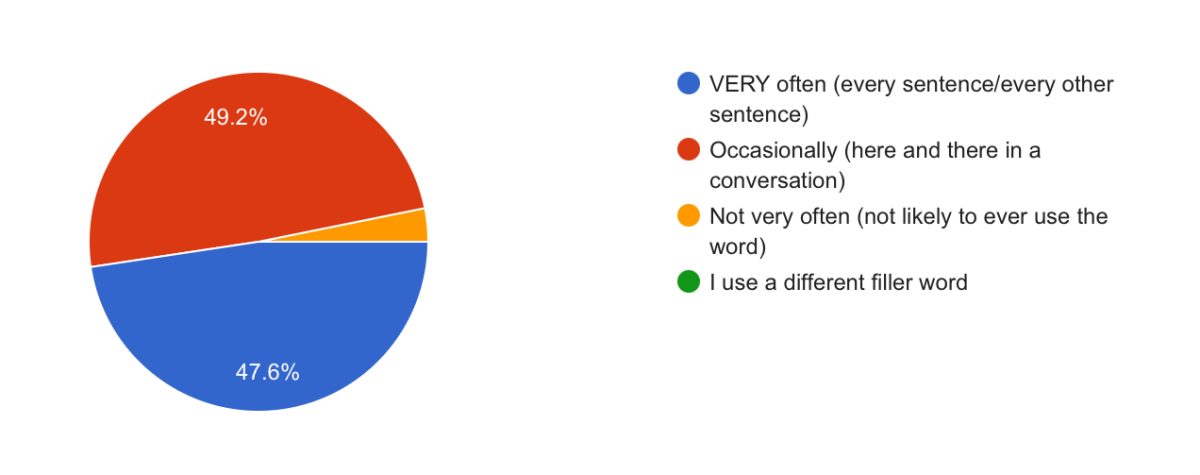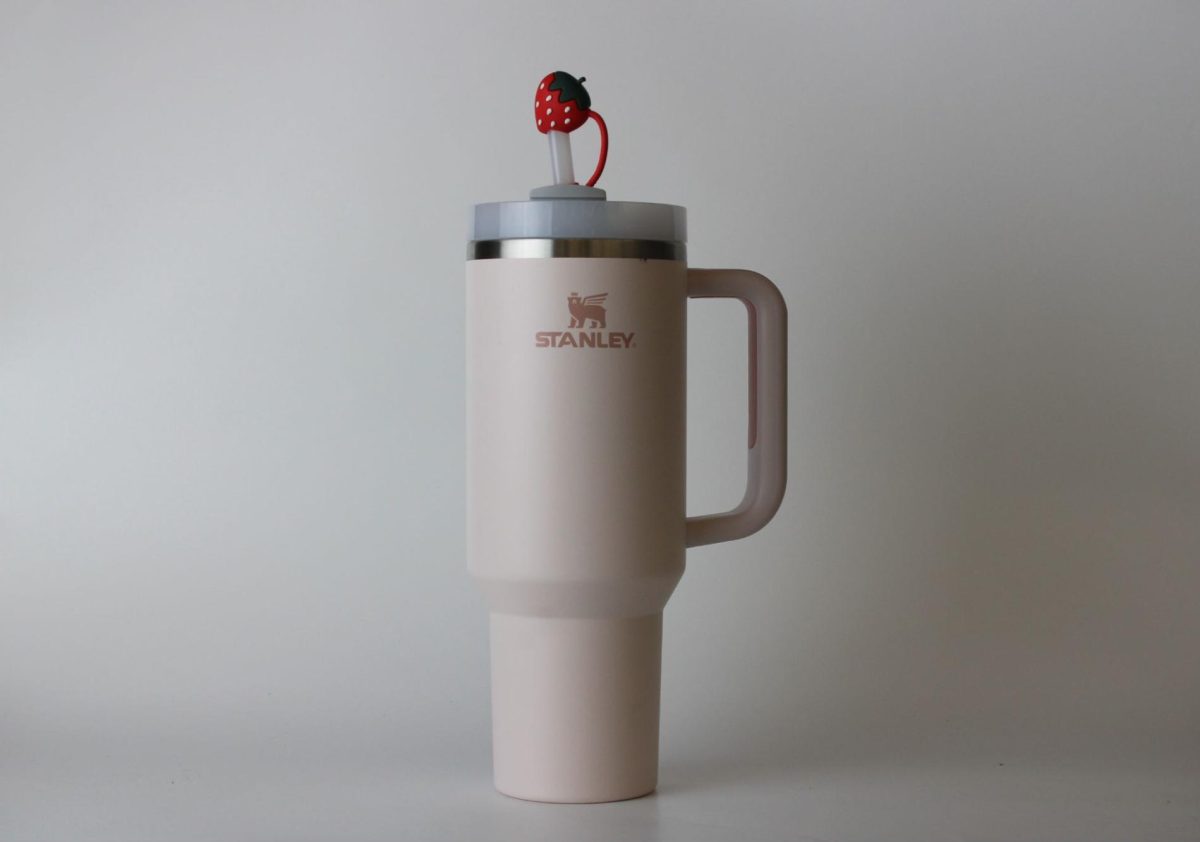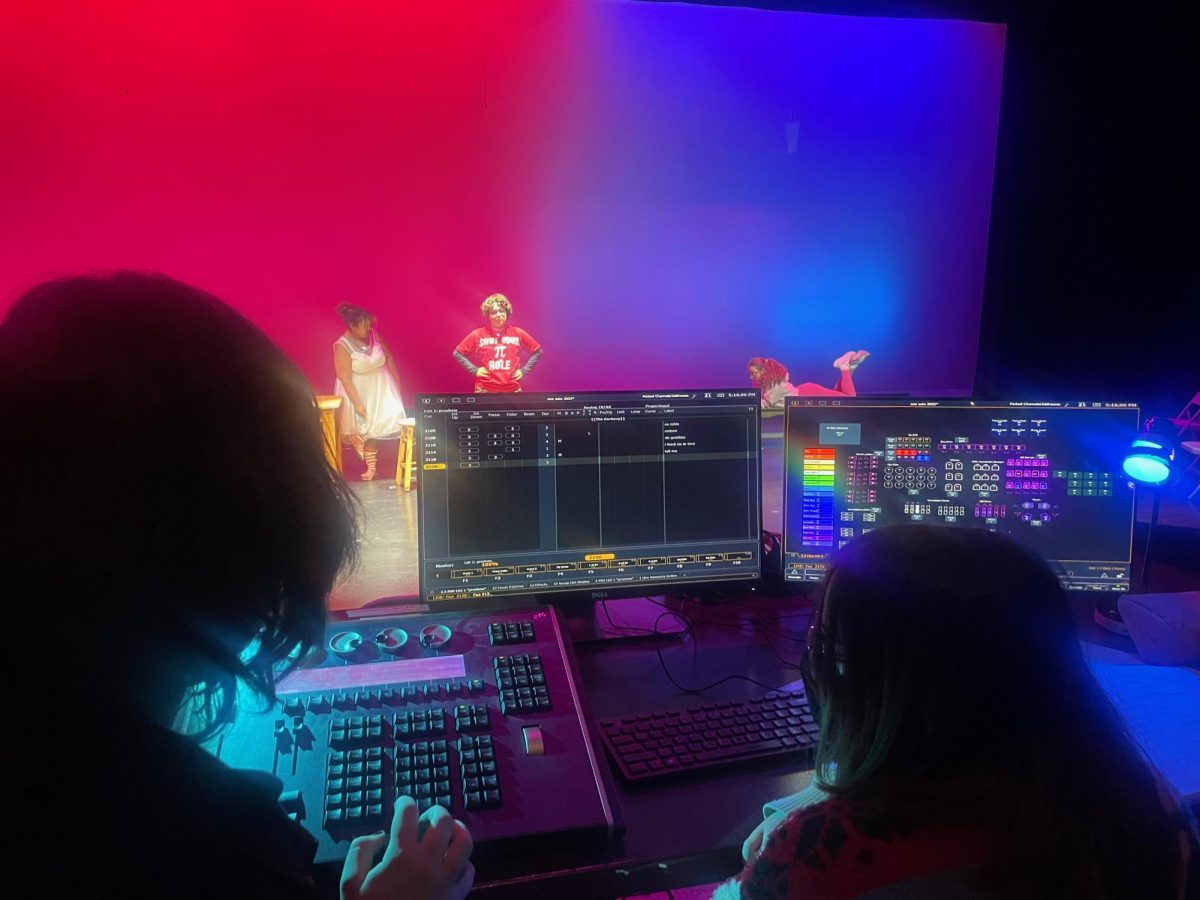From DNA to IQ tests, BCA students are allured by the idea of labeling themselves and gaining a deeper understanding of their identity. Perhaps one of the most important facets of a person is their personality, a feature unique to each individual. Specific programs have tried to tackle categorizing the unique makeup of one’s personality into combinations of broader traits. Whether these be zodiac signs or self-evaluations such as the Myers-Briggs Type Indicator (MBTI) test, many have questioned the reliability and realisticness of these assessments. Students at BCA were surveyed to discover their thoughts on how these categorizations affect their views of themselves and others.
According to Dictionary.com, zodiac signs are defined as “one of 12 specific constellations of the zodiac that the sun passes through” that some believe can predict personality traits. Based on your birth month, you are assigned one astrological sign of the following: Aries, Taurus, Gemini, Cancer, Leo, Virgo, Libra, Scorpio, Sagittarius, Capricorn, Aquarius, or Pisces. Out of 121 students surveyed, 100% knew what their zodiac sign was. This may lead some to wonder why astrology is so popular. When interviewed, a sophomore in the computer science academy provided insight into why many are drawn to the field.
“I think a lot of people are really interested in labels as a form of easy categorization to either better understand themselves, or understand why others act the way they do. I think people like being able to identify within a community of people that they see similarly to themselves, as well as get justification for their actions of what’s happening in their life.”
Of the students surveyed, 78% knew all or some of the personality traits associated with their zodiac sign, and 42.5% thought they were completely spot on while 46% thought they were relatively accurate. A common trend among students’ responses was that some traits were accurate while others were flat-out wrong.
“I think so many of them are so vague they can apply to so many people,” said the sophomore in the computer science academy.
“I don’t think they are true because I don’t think a person can be that simple,” said a junior in the engineering academy, who didn’t believe in these astrological stereotypes.
When asked if they take someone’s zodiac sign into account when talking to them, 91.5% of students said no. However, some did have opinions of which zodiac sign they would prefer to associate with or avoid. Overall, though, it seems like BCA is pretty much in agreement about their stance on zodiac signs!
On the other hand, 70.3% of students surveyed knew their Myers-Briggs Type Indicator, or MBTI, making it less popular among the BCA community. According to Julia Simkus with Simply Psychology, MBTI is “is an introspective, self-report evaluation that identifies a person’s personality type and psychological preferences” based on the work of Carl Jung. It consists of four letters, I for introversion or E for extraversion, N for intuition or S for sensing, T for thinking or F for feeling, and J for judging or P for perceiving. After completing a questionnaire, one is assigned a combination of these traits to formulate one of the 16 different MBTI types.
89.5% of BCA students surveyed answered that they do not take MBTI into account during social interactions, a slight decrease to those who said they don’t consider someone’s zodiac sign.
“I have a friend who immediately asks people what MBTI they are and determines how platonically compatible she is with other people based off a chart she found – it acts as her first impression of a person before she gets to know them,” said the junior in the engineering academy. “Some people have different sides that they show to different people in their life, so it would be unrealistic to say MBTI or zodiac types are important to me when I don’t know all sides of a person at first.”
Though MBTI can play a role in interactions with others, its main purpose is to allow someone to understand themselves and perceive their own personality.
“After taking my MBTI test I found out I didn’t just have an erratic personality, there were just situations and places I was more comfortable and uncomfortable in,” a freshman in the business academy shared. “While comfortable, I let out my true personality, but while uncomfortable, I was very introverted and shy.”
After learning students’ stances on both assessments, one question remains: which one is more accurate, astrology or MBTI, if any?
According to the surveyed BCA students, MBTI. 66.1% answered MBTI while only 9.3% chose zodiac signs, with 24.6% of students unsure. The junior in the engineering academy agreed.
“I feel like MBTI is more accurate mainly because when you take the test, you are specifically choosing habits that you have or personality traits that you know yourself to have. Zodiac signs are preconceived notions about who you are.”
This notion was reciprocated by the interviewed sophomore and freshman, who also claimed that MBTI provided better insight into someone’s behavior.
Though zodiac signs have been around for much longer, clearly the more personalized approach of the MBTI system has struck a chord with BCA students. With many on the hunt to learn about and understand themselves, innovative assessments like MBTI outperformed older methods and generally provided a helping hand. However, tests such as this should not define someone entirely. The junior in the engineering academy provided an insightful comment at the end of their interview.
“I think personality types and zodiac signs are fun when you first learn about someone or an interesting way to categorize your friends, but it shouldn’t be the only thing you see in a person.”







